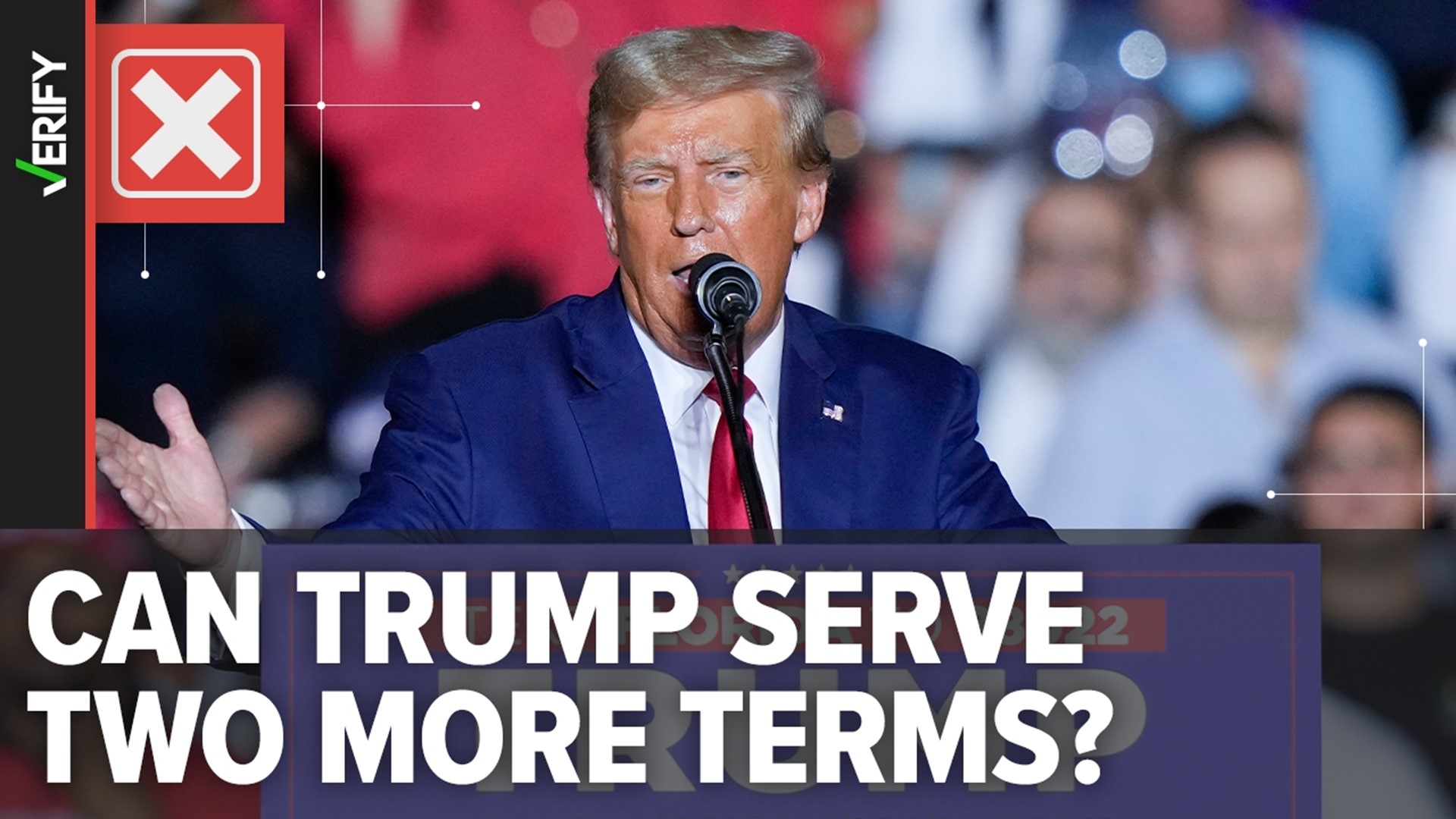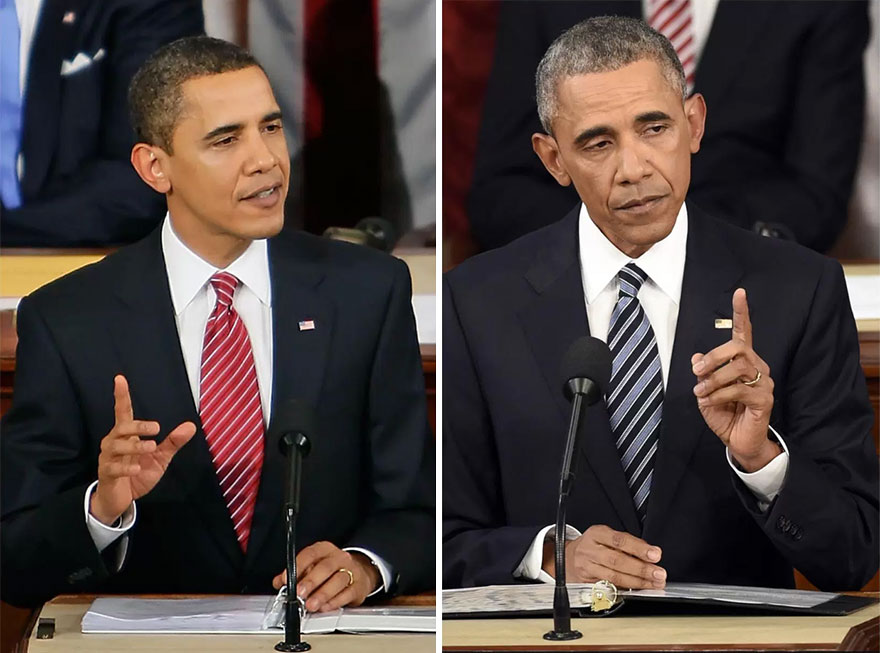Can a president extend their term during a time of war? The United States Constitution, through its amendments and established legal precedent, firmly establishes that a president cannot unilaterally extend their term, even during a national emergency or wartime. This principle, a cornerstone of American democracy, ensures the peaceful transfer of power and limits the potential for executive overreach.
The question of presidential term limits during times of national crisis has been a subject of debate and scrutiny, particularly in the context of armed conflict. It's crucial to understand the constitutional framework, judicial interpretations, and historical context to provide a comprehensive answer. The U.S. Constitution, a document forged in the fires of revolution and compromise, lays out the fundamental parameters of presidential power, including the length of a presidential term. Article II of the Constitution clearly defines a presidential term as four years. This straightforward statement, however, is not the end of the story. Subsequent amendments, particularly the 20th and 22nd amendments, have further refined the limits on presidential terms and the transition of power.
The 22nd Amendment, ratified in 1951, explicitly limits a president to two elected terms. This amendment was a direct response to Franklin D. Roosevelt's unprecedented four terms in office, a situation that raised concerns about the concentration of power. The amendment ensures that no individual can serve as president for more than ten years, including any time served as president due to succession. The 20th Amendment clarifies the specifics of the transition of power, setting the end of a presidential term and the commencement of the next at noon on January 20th. The 20th Amendment also covers the transition of power, including the date and time. Moreover, the Constitution grants Congress the power to determine the date of the general election, underscoring the legislative branch's crucial role in the electoral process. A president cannot unilaterally alter the election date without congressional approval. This further reinforces the checks and balances designed to prevent any single branch of government from wielding unchecked authority.
- Hdhub4ucom Hollywood Your Ultimate Guide To Premium Entertainment
- Hdhub4u Movie Your Ultimate Destination For Cinematic Excellence
| Constitutional Provisions | Details |
|---|---|
| Article II, Section 1 | Establishes the four-year term for the President. |
| 20th Amendment | Sets the date and time for the end of a presidential term (noon on January 20th) and details the transition of power. |
| 22nd Amendment | Limits a president to two elected terms. |
| War Powers Resolution of 1973 | Emphasizes the importance of congressional oversight and approval during wartime. |
| Congressional Authority | Congress has the authority to set the date of general elections. |
| Martial Law and Executive Orders | Martial law grants the military temporary authority over civilian governance during emergencies, but the U.S. Constitution limits presidential power and terms. |
The war powers resolution of 1973, passed in the wake of the Vietnam War, underlines the necessity for congressional oversight and approval during times of war. The resolution attempts to define the limits of a president's power to deploy military forces, emphasizing the importance of the legislative branch in matters of war and peace. Although the Constitution doesn't explicitly forbid term extensions during a war, the spirit of the law and the intent of the framers are clear: Power should be checked and balanced. Moreover, the resolution attempts to define the circumstances under which the President can commit military forces, and for how long. This ensures that the President cannot unilaterally commit the nation to war without the involvement of Congress. Upon proclamation by the president that there exists a state or threat of war involving the united states, the president, if he deems it necessary in the interest of the national security and defense, may, during a period ending not later than six months after the termination of such state or threat of war and not later than such earlier date, can undertake certain actions. These actions are often circumscribed by congressional authority, further restricting the possibility of a unilateral extension of presidential power.
The short answer is unequivocally "no". A president cannot remain in office beyond their constitutionally mandated term, even if martial law is declared. Martial law, which grants the military temporary authority over civilian governance during emergencies, is a significant departure from normal legal processes. However, even under martial law, the U.S. Constitution reigns supreme, limiting presidential power and terms. The president does not have the authority to suspend or modify the Constitution. The short answer is no, a president cannot stay in office beyond their constitutionally mandated term even if martial law is declared.
The historical precedent surrounding wartime presidential actions provides additional context. During times of war, American presidents have often taken extraordinary measures to maintain stability. For example, Abraham Lincoln's administration during the Civil War took drastic steps to ensure the Union's survival. However, these actions, while significant, did not include an attempt to extend his term beyond the constitutional limit. Similarly, despite the challenges of World War II, President Franklin D. Roosevelt adhered to the established electoral process. He was elected to four terms, a unique circumstance that ultimately led to the 22nd Amendment. But there were no attempts to change the terms or elections. Roosevelts actions, while unprecedented in duration, remained within the existing constitutional framework.
- Chuck Schumer Wife The Power Behind The Political Titan
- Hd Movies Hub 4u Your Ultimate Spot For Cinematic Bliss
The 22nd amendment limits how often a president can reuse this legal path to presidency extension to once or twice, depending on how they got to be president in the first place. Even if a situation arose where a president argued that remaining in power was necessary for national security, such an action would undoubtedly face legal and political challenges. Courts have consistently protected the right to vote, and any attempt to circumvent the electoral process would likely be met with fierce resistance. Such an action would trigger a constitutional crisis and would be highly unlikely to succeed. The president would still need some authority to extend his term in office, however. According to some information on the web (esp. At many sites devoted to conspiracy theories), the president could do this with the help of executive order 12919. However, this view is not supported by the Constitution or by historical precedent.
Furthermore, the impact of war on elections must also be considered. While war casts a long shadow over elections, there is a long history of holding elections during difficult times. The examples of Abraham Lincoln during the Civil War and Franklin D. Roosevelt during World War II demonstrate the resilience of the American electoral process. Extending a president's term during wartime could disrupt the electoral process, potentially raising questions about fairness and representation. The decision to extend a president's term during wartime can lead to divisions within political parties and raise serious questions about the legitimacy of the government. The very act of considering such an extension undermines the democratic principles that the nation is fighting to defend.
In summary, the question of whether a president can extend their term during wartime is a complex one, but the answer is clear: they cannot. The U.S. Constitution, reinforced by amendments, judicial rulings, and historical precedent, firmly establishes the principle of limited terms and the peaceful transfer of power. While extraordinary circumstances may arise during times of war, the fundamental principles of democracy remain paramount. The 22nd Amendment, the War Powers Resolution, and the role of Congress all act as critical safeguards against any potential attempts to subvert the democratic process. It is a testament to the strength and resilience of the American system of government that these principles have been upheld even in the face of the most challenging of circumstances.



Detail Author:
- Name : Sigurd Ankunding
- Username : blebsack
- Email : seamus68@yahoo.com
- Birthdate : 1975-01-07
- Address : 5455 Veda Union Germaineborough, WV 01222-2759
- Phone : 310-944-0347
- Company : Koepp and Sons
- Job : Athletes and Sports Competitor
- Bio : Voluptatum assumenda sunt omnis tenetur suscipit vero necessitatibus. Hic quia consectetur aliquid rerum. Non quo veniam assumenda voluptas quibusdam ratione.
Socials
twitter:
- url : https://twitter.com/kyleearmstrong
- username : kyleearmstrong
- bio : Possimus non quo voluptatem illum. Est porro illum dolorum error natus voluptatum porro. Cupiditate ut error voluptate est expedita ipsam ullam.
- followers : 3126
- following : 387
instagram:
- url : https://instagram.com/kylee.armstrong
- username : kylee.armstrong
- bio : Aut quaerat inventore excepturi dolores tempora est. In aut cum quo aliquid est aut quis.
- followers : 5734
- following : 1284
linkedin:
- url : https://linkedin.com/in/armstrongk
- username : armstrongk
- bio : Ea ipsam sit magnam nulla.
- followers : 4209
- following : 1013
tiktok:
- url : https://tiktok.com/@karmstrong
- username : karmstrong
- bio : Harum sint impedit sapiente qui exercitationem.
- followers : 6342
- following : 1274